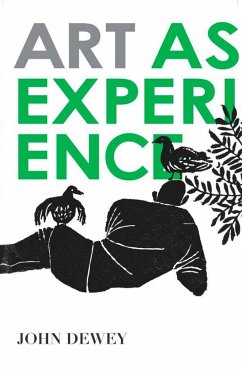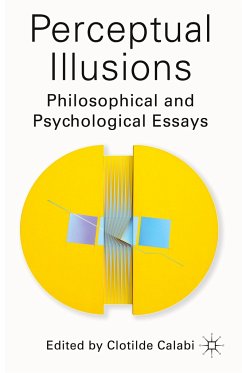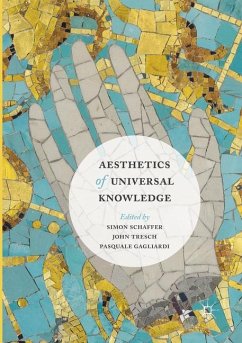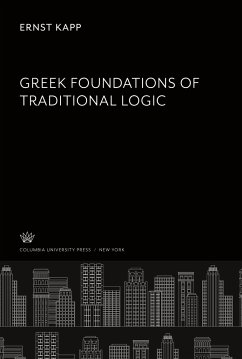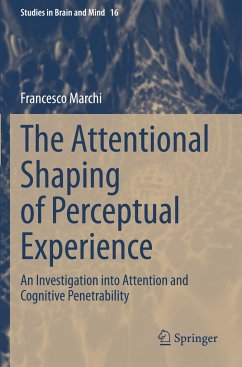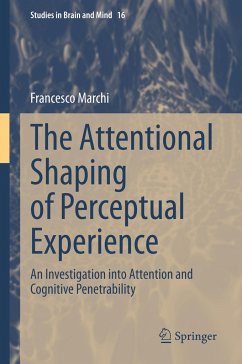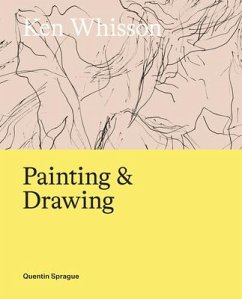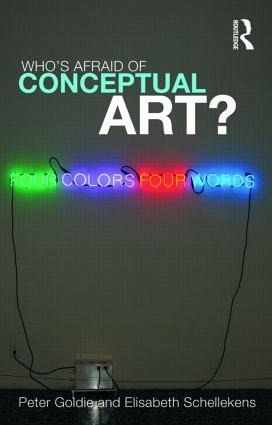
Who's Afraid of Conceptual Art?

PAYBACK Punkte
25 °P sammeln!
Whos Afraid of Conceptual Art? is a much-needed philosophical inquiry into these questions and more. Peter Goldie and Elisabeth Schellekens first address, and try to clear up, much of the puzzlement, frustration, irritation and resentment felt about conceptual art. Secondly, they use conceptual art to bring to life and to reformulate some of the main issues and theories in contemporary philosophical aesthetics. These problems include the way conceptual art challenges definitions of art; why it displaces epistemological and cognitive approaches to art, making it hard to say what we can know abo...
Whos Afraid of Conceptual Art? is a much-needed philosophical inquiry into these questions and more. Peter Goldie and Elisabeth Schellekens first address, and try to clear up, much of the puzzlement, frustration, irritation and resentment felt about conceptual art. Secondly, they use conceptual art to bring to life and to reformulate some of the main issues and theories in contemporary philosophical aesthetics. These problems include the way conceptual art challenges definitions of art; why it displaces epistemological and cognitive approaches to art, making it hard to say what we can know about art, if anything; and why it raises such thorny problems about artistic appreciation and interpretation. The book includes several illustrations of the work of celebrated conceptual artists to bring these issues and theories to life: Sol le Witt, Joseph Beuys, Joseph Kosuth, Bruce Nauman, Gilbert and George, Michael Craig Martin, and Jeremy Deller. Whos Afraid of Conceptual Art? is essential reading for students of philosophy, art and visual studies and anyone intrigued but perplexed by art in general.




